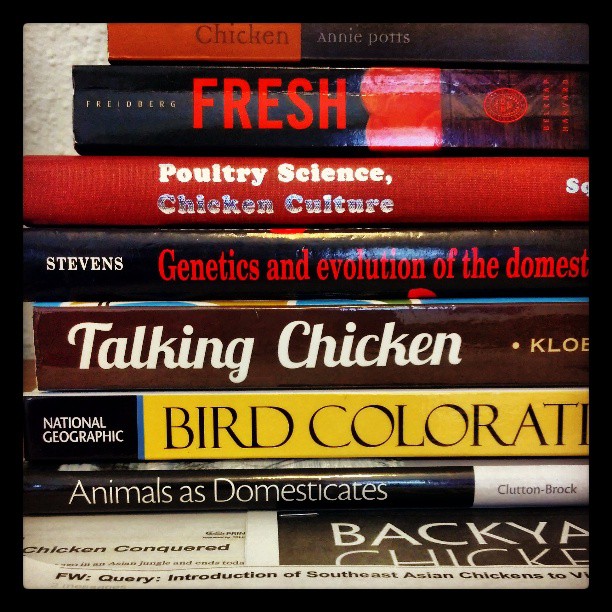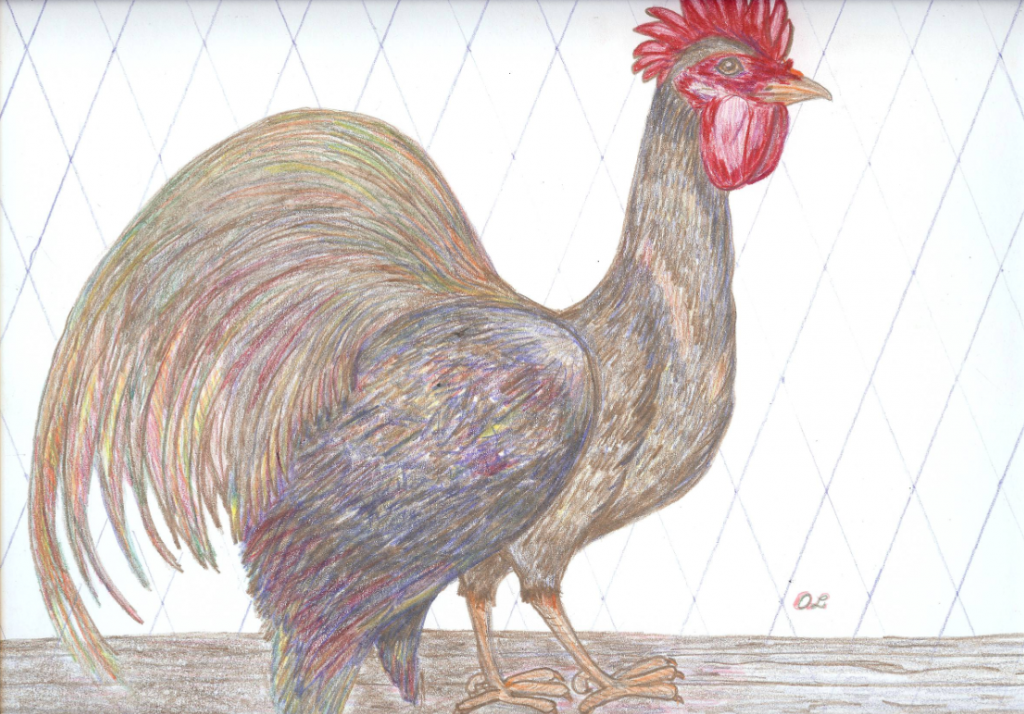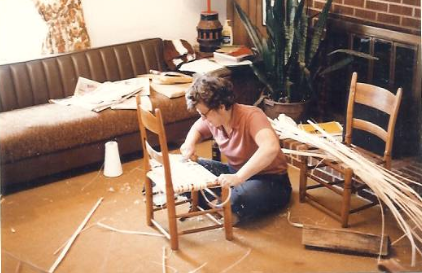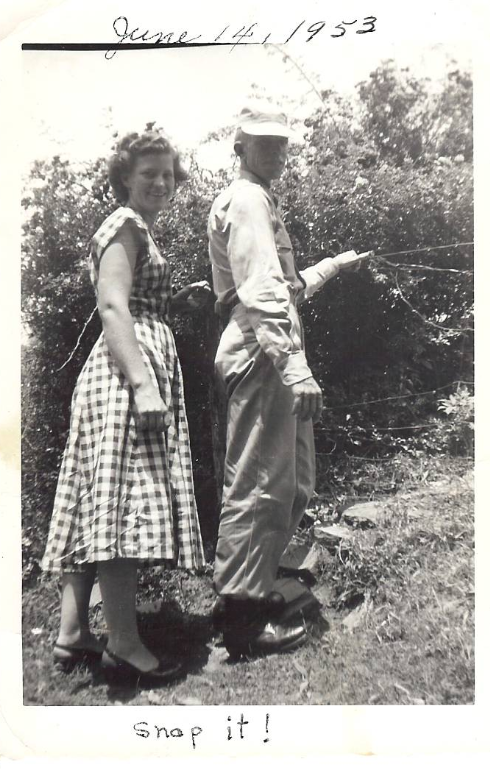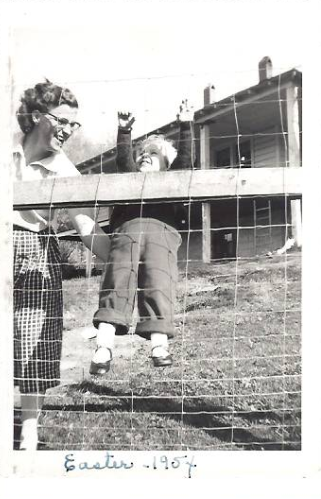About
Deep History and Domestication Chicken Research Project
Erica Largen
Spring 2013
Virginia Tech
UH3004, Deep History and Domestication, is a university honors colloquium that explores the cultural and biological implications of domestication for humans and other species, using examples extending from the first archaeological evidence of domestication to the recent past. Check out my animal domestication blog I kept throughout the semester & our mother blog where you can find research projects and blogs by my classmates.
My developing philosophy is that our responsibility, individually and collectively, to our brand / creating culture / invent the future basically goes like this: Engaging in agricultural pursuits (or any pursuit for that matter) of any degree should begin in delight and end in wisdom – that’s what I learned on my family farm, anyway. The wisdom – and the work – comes later. My grandma Orpha Largen was a artist. She found joy in drawing those things that were beautiful in her life. The drawing of the rooster below speaks to her joy and too the patient work and wisdom that comes from living on a farm.
Even getting in hay for the winter, the hard work that it is, strengthens family bonds with mutual work with real purpose. It makes a person fee like they are a part of that time and place, in concert with season and earth, a participant in one on the oldest civilized and purposeful events.
Beginning in more recent history, Agriculture has been used as a battleground for many sides asserting their values. The big picture is that “the mother of our culture is agriculture; all other arts sprang from it.”
What does it mean to grow and raise the food you eat? If eating is an agricultural act, eating would be the final phase of that agricultural “process”. Is there a human need for a MEANINGFUL connection to our food and the seasonal processes/labors/celebrations it is a part of? Among the many differences achieving this connection would bring one significant change of making local, fresh and happy food the new culture reality. There are many co-benefits that might come with this new reality, for example, engaging in business for sustainable economics.
“Culture in all its early uses was a noun of process: the tending of something, basically crops or animals” once said Raymond Williams. Below is a photo of my Grandma Orpha Largen engaging in chair weaving, a traditional Appalachian process.
We can not validate the “agrarian versus Industrial” argument as the only reasonable approach for the future.
The forces of our individual and collective scientific knowledge, inherited common sense of the land – the forces that make up our perception or our global paradigm – link culture and nature in how we manage a small chicken flock, a wheat field, your company, your family, a state, or your individual life.
I hope this project reveals the critical importance of Agriculture to human health, ongoing life, and cultural ritual. We must re-learn what poultry industry propaganda tries to obscure: that our hunger is more than simply the material connections of the human who feeds the chickens to the chickens that feed the humans.
Like in the photos (below) of my grandparents and their family and friends in the 1950s, the relationships humans have with their animals and food dictate the meaning of community and the quality of life itself. The transformation of backyard chicken farming to large scale poultry production has had significant emotional and material effects on society today. Indeed, the current economic paradigm of food production, I believe, leaves out the most important considerations of that process (connection, family, community, purpose, belonging and other ways of being passed from generation to generation).
